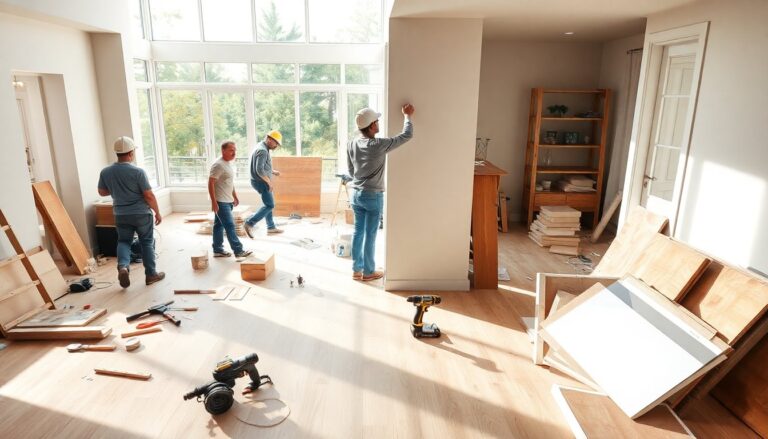The renovation bonus serves as a vital financial incentive for homeowners aiming to enhance their properties. This program enables individuals to obtain tax deductions for various construction and renovation projects, thereby making home improvements more economically viable. This article examines the functionality of the bonus,
the beneficiaries, and the eligibility criteria required.
How the renovation bonus works
From a regulatory standpoint, Article 16-bis of the TUIR stipulates that the renovation bonus offers a 50% tax deduction on expenses linked to the renovation of primary residences. Recent budget laws have confirmed that this initiative will continue until 2026. Notably, the deduction is applicable not only to individual residences but also to common areas within buildings.
Who qualifies for the renovation bonus?
Residents and non-residents of Italy are eligible to apply for the renovation bonus. This benefit is not limited to property owners; individuals with real or personal rights related to the buildings undergoing renovation may also qualify. To be eligible for the enhanced deduction, the property must serve as a primary residence.
Eligible expenses and changes for 2025
A variety of expenses qualify for the renovation bonus, including extraordinary maintenance, conservation restoration,
and significant repairs. However, from a regulatory standpoint, starting in 2025, expenses for replacing fossil fuel boilers will no longer be eligible for the deduction. The maximum deductible amount remains capped at €96,000 per property, allowing for a maximum reimbursement of €48,000, distributed over equal annual installments.
Income thresholds and deduction reductions
New regulations establish an income cap for accessing the renovation bonus. Taxpayers earning over €75,000 will face a percentage reduction in their deductions. Additionally, the deduction is set to decrease to 36% in 2026 and 30% in 2027 for primary residences. This underscores the importance of proactive planning and awareness.
Steps to claim the renovation bonus
To successfully obtain the renovation bonus, taxpayers must follow a series of steps. First, it is essential to maintain meticulous records of all expenses incurred during the renovation. Starting June 30, a dedicated portal, bonusfiscali.enea.it, will be available for submitting data related to eligible interventions. The deadline for this submission is 90 days after the completion of the work, highlighting the necessity for careful planning.
The importance of the renovation bonus
The renovation bonus acts as a significant incentive for property owners seeking to improve their homes. With appropriate planning and awareness of regulatory updates, individuals can fully leverage the benefits provided by this tax relief program. Staying informed and consulting with professionals is essential to ensure correct compliance and proper application of these deductions.
The renovation bonus represents a valuable opportunity for homeowners looking to enhance their living spaces while enjoying substantial tax deductions. By understanding the eligibility criteria, qualifying expenses, and the associated processes, property owners can effectively navigate this program.

